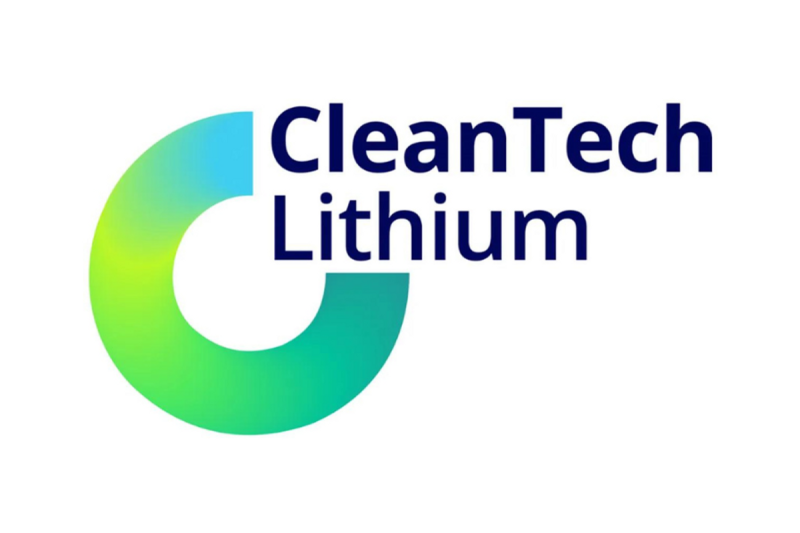
Indigenous Community Leader Throws Support Behind Laguna Verde Project at Major Mining Event in Santiago, Chile
In a landmark moment at a key mining seminar in Santiago, Chile, an Indigenous community leader has publicly endorsed the Laguna Verde project, marking a significant turning point in the ongoing discussions surrounding the controversial mining initiative. This endorsement comes as a surprise to many, given the fierce opposition that the project has faced from environmental groups, local communities, and even some government officials. The move by the Indigenous community leader has sparked intense debate and raised important questions about the complex dynamics at play in the development of natural resource projects in Indigenous territories.
The Laguna Verde project, a large-scale mining endeavor proposed by a multinational corporation, aims to extract valuable minerals from the region and promises significant economic benefits for the local community and the country as a whole. However, concerns have been raised about the potential environmental impact of the project, including damage to critical ecosystems, water pollution, and disruption of traditional Indigenous livelihoods. These concerns have fueled widespread opposition and mobilization efforts by environmental activists and Indigenous groups seeking to protect their ancestral lands and resources.
The unexpected endorsement of the project by an Indigenous community leader has added a new dimension to the debate, challenging the prevailing narrative of unified opposition from Indigenous communities. The leader’s endorsement has been met with both praise and criticism, with some viewing it as a positive step towards economic development and improved living conditions for the community, while others see it as a betrayal of the collective struggle to protect Indigenous rights and the environment.
One of the key arguments put forward by the Indigenous community leader in support of the Laguna Verde project is the promise of job creation and economic opportunities for community members. The leader emphasized the need for sustainable development initiatives that can provide much-needed resources and infrastructure to improve the quality of life for Indigenous peoples in the region. Additionally, the leader highlighted the potential for increased collaboration and partnership between the project developers and the Indigenous community, aiming to ensure that the project benefits are shared equitably and that Indigenous voices are heard in the decision-making process.
Despite the endorsement from the Indigenous community leader, the Laguna Verde project continues to face significant opposition from environmental groups and some members of the local community. Concerns about the long-term consequences of the mining operation on the environment, water sources, and Indigenous territories remain unresolved, prompting calls for more comprehensive impact assessments and meaningful consultation processes with all stakeholders involved.
The development of natural resource projects in Indigenous territories is a complex and contentious issue that requires careful consideration of social, environmental, and economic factors. The public endorsement of the Laguna Verde project by an Indigenous community leader has highlighted the importance of engaging in open dialogue and meaningful consultation processes to address the diverse perspectives and concerns of all stakeholders. Moving forward, it will be crucial for project developers, government authorities, and Indigenous communities to work together to find mutually beneficial solutions that prioritize environmental protection, respect for Indigenous rights, and sustainable development.
